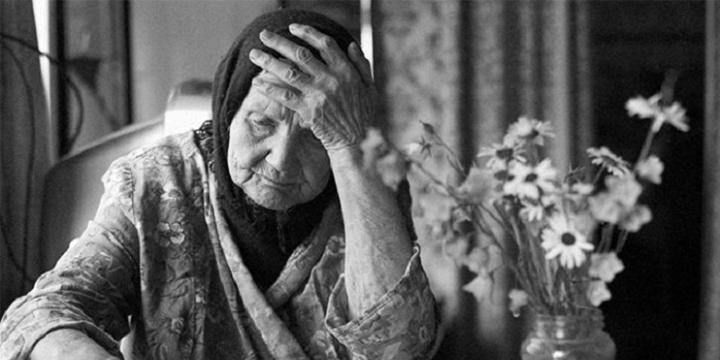The hallmark of a dementia syndrome is the slow onset of symptoms and a very gradual decline. Also the patient with dementia in the early and middle stages of the disease remains physically well. In comparison the other commonest cause of confusion in the elderly patient, delirium, develops suddenly and often has a fluctuating course; the patient with delirium remains physically unwell also.
Dementia represents a gradual decline in global brain function across many areas including speech, memory, language, reasoning, judgment etc. The symptoms of dementia with each form are often slightly different but this may only be recognizable to skilled healthcare providers who have experience working with people with dementia. Sometimes family members notice changes but mistakenly blame them on old age.
Some mild non specific forgetfulness and slowness to learn and process new information can occur with old age, but they should never impact on the normal day to day functioning of a person. Some patients with such mild memory problems are labelled as Mild cognitive Impairment (MCI).A minority of these patients develop dementia with time and needs close monitoring. Treatment of patients with a diagnosis of MCI with dementia drugs DO NOT improve them, neither reduces the risk of developing dementia in future.
Early symptoms of dementia
The earliest symptoms of dementia are gradual and subtle. Many people and their families first notice difficulty remembering recent events or information (short term memory loss). Others can include the following.
- Confusion (gradual onset)
- Difficulties with language, like not finding the right word or not understanding speech of others
- Difficulty with concentration and reasoning
- Problems with executive function or complex tasks (driving, banking, cooking etc.)
- Getting lost in familiar places
Late symptoms of dementia
As dementia progresses the symptoms gradually worsen and often include behavioural and personality changes. The physical well being of the patient also starts to decline gradually with increasing frequency of infections. Physical symptoms of dementia like appetite and weight loss and incontinence mark advanced stages of the disease.
- Increased anger, hostility, and aggressive behaviour; alternatively some people become very passive
- Hallucinations and/or delusions
- Disorientation
- Needing help with basic tasks (eating, bathing, dressing)
- Incontinence (leaking urine or faeces without knowing)
The speed at which symptoms develop and decline vary in different persons. In the majority of cases the disease reaches advanced stages by 7 years from diagnosis. Most people with dementia do not die from the disease itself, but instead from a secondary illness such as pneumonia or urinary infection.
If you need further help or advice, give us a call. TriBeCa Care is happy to be by your side. Request a callback or Call us at + 913366064208.
Email us at enquiry@newwpsite.tribecacare.com

